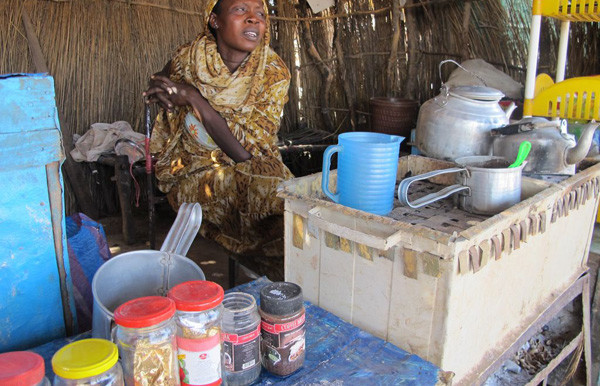Authorities of the Juba municipality have issued a decision banning the sale of tea on roadsides and public places during official working hours in Juba town with effect from 8 October.
According to the order, whoever violates it will be punished in accordance with laws of the Juba City Council. In interviews conducted by Radio Tamazuj, several women who work as tea sellers as well as customers criticized the order. A tea seller said she is making a living by selling tea at Malakia market.
“I am the one responsible for my children and I pay for their schooling,“ she said. “My husband has died, so we cannot live without making tea, I have been working for almost six years here and I do anything with the money I used to earn from it.”
Meanwhile, Akuei Majok, a tea drinker, supported the order. But he said the municipality also needs to create rules to regulate hotels and lodges where there is child prostitution.
Another citizen said the city council should ban alcohol in the town during working hours instead of regulating tea. “The council is supposed to ban lodges and drugs because tea does not intoxicate,” he said.
For his part, Jok Deng pointed out that most of the tea-selling women in Juba town are widows, calling on the council to leave them alone and start cracking down on other businesses such as lodges and hotels.
Akol, another citizen, criticized the decision taken by the Juba City Council to ban tea selling during working hours. “If the citizens had something to eat, they would haven’t come to the market to sell tea, so they would have stayed at home.”
“Due to the economic situation, the people took to the market to get something, there are no other businesses,” he added.
File photo: A woman selling tea in the village of Goli in northern Abyei (Enough Project / Amanda Hsiao)




